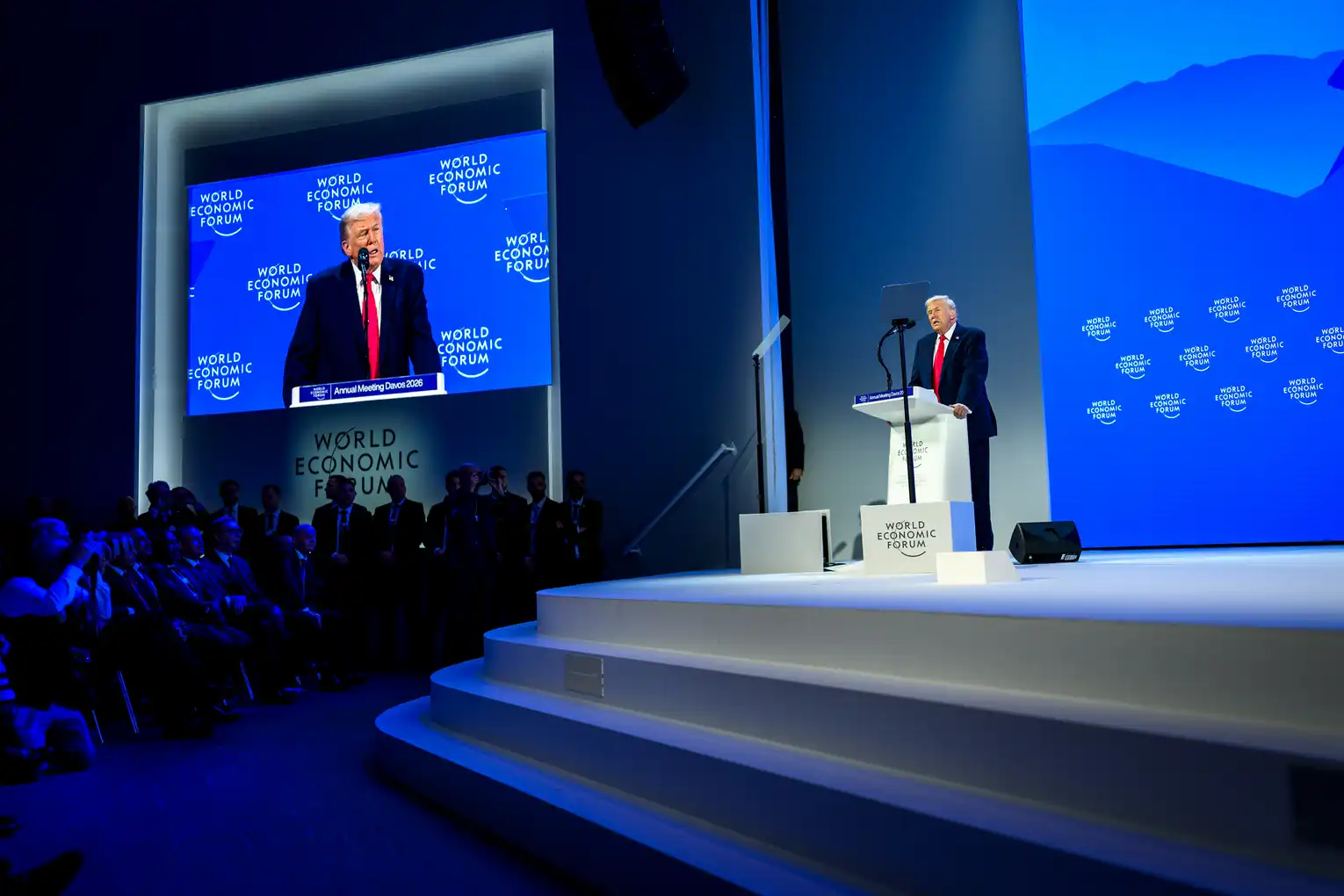WASHINGTON D.C., September 23rd, 2021. A 2022 National Defense Authorization Act (NDAA) has just passed the House in which Congress, during a time of naked failure by American military leadership in Afghanistan, a ballooning national debt which stands around $30 trillion, a pandemic, and sustained price inflation, still decided to cut the largest-ever military check for the Pentagon.
Perhaps more disturbingly, a number of amendments aimed at limiting American military adventurism were hopelessly defeated, starkly displaying the commitment in the People’s House to unrestrained military operations and the arms manufacturers who supply it.
At $778 billion, a $25 billion increase from Biden’s original request, and $50 billion more than Trump’s final military proposal, it marks the largest military budget in human history. The $25 billion was added principally for non-Pentagon spending of the Dept. of Energy’s nuclear weapons program.
Republicans argued without irony that “accounting for inflation” the budget proposed by Biden was 10% less than what it should be. With the national debt outstanding at $28.8 trillion, and yearly inflation long ago-passing 2% measured by the CPI, it’s strange to use those conditions to argue to spend more, rather than less.
At the end of the session, 75 Republicans voted against, along with 33 Democrats, meaning the NDAA passed swimmingly, 316 in favor to 113 opposed.
Chair of the House Armed Services Committee Adam Smith (D – WA) opposed the $25 billion increase, but nevertheless described it as an “incredibly well put together [and] excellent piece of legislation that will help meet the national security needs of our country”.
The bill will now wait for a counterpart to be formed in the Senate, after which a conference will sit down, merge the two, add any additional measures or amendments, and send it to the President’s desk.
War without opinion
Votes were taken on a number of amendments from Congressmen and women looking to use the power of the purse to end some deeply questionable involvements out in the world, such as Syria, where 1,000 U.S. troops remain illegally as part of a brigandry operation, in Saudi Arabia where U.S. private maintenance of warplanes and warships have facilitated a war of genocide and famine in Yemen, and domestically in the cases of military surplus being sold to police forces, and Pentagon wish-list spending which routinely drives the taxpayer cost of military programs up by billions despite Congressional votes never being held.
Rep. Jamal Bowman (D – NY) proposed an amendment to prohibit a U.S. presence in Syria unless specifically authorized by Congress which was defeated by 140 votes.
Rep. Kurt Schrader (D – OR) proposed an amendment to restrict the Pentagon’s ability to gather unauthorized funds for “un-funded priorities” was also defeated by 90 votes.
Amendments on blocking funding for new ICBMs was defeated by nearly a two-thirds majority, and another for blocking the sale of surplus military hardware to police stations was also defeated, along with an attempt by Barbara Lee (D – CA) to cut military spending by 10% on all line items.
Regarding Yemen, Ro Khanna (D – CA) recently introduced a tailor-made amendment to end American involvement in the genocide there after it was clear Biden’s intention to stop was a false one. His amendment passed marginally, with 219 Representatives heeding UN warnings that continuing the war would kill 400,000 children under the age of five by starvation this year, and 207 deciding that was still worth it.
However Responsible Statecraft details that another amendment on Yemen passed by Gregory Meeks (D – NY) Chair of the House Foreign Affairs Committee which contained much broader language, about blocking support and maintenance of warplanes for “offensive operations,” the same caveat Biden used this March, with a number of exceptions for territorial defense counter-terrorism and others.
This looser language was also found in an amendment added to the Senate version of the NDAA.
“In conference, the negotiations to reconcile the House and Senate versions will take place between HASC chair Adam Smith, Senate Armed Services Committee Chair Jack Reed, as well as Majority leader Chuck Schumer and House Speaker Nancy Pelosi,” writes Annelle Sheline. “White House preferences will also be considered, to avoid the possibility of a presidential veto of the NDAA”.
Her suggestion is that the conference will marry the Meeks amendment with the Senate one, and Khanna’s, which is much more restrictive, will be thrown out, thus allowing the current situation in Yemen, in which private Pentagon contractors refuel, maintain, and repair Saudi jets, to continue.


